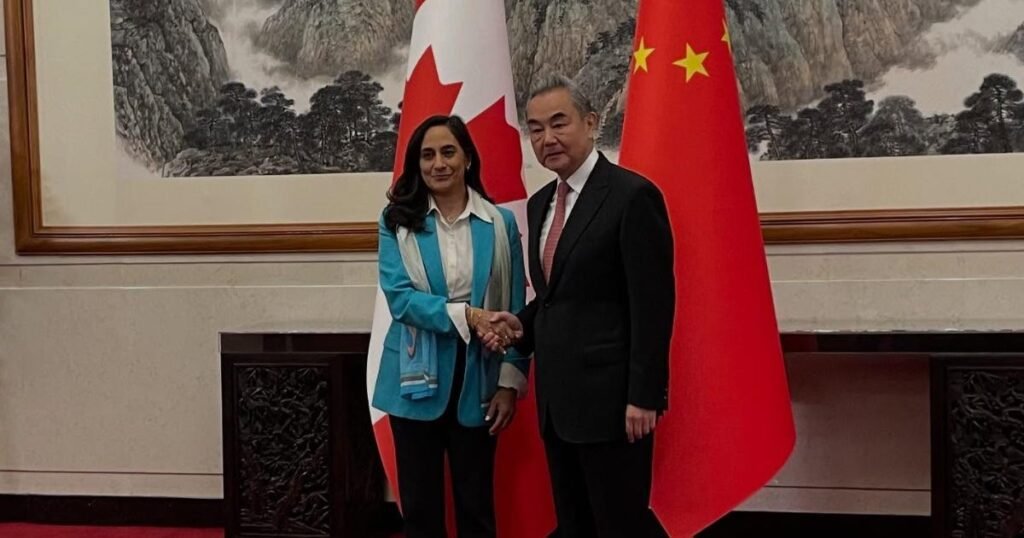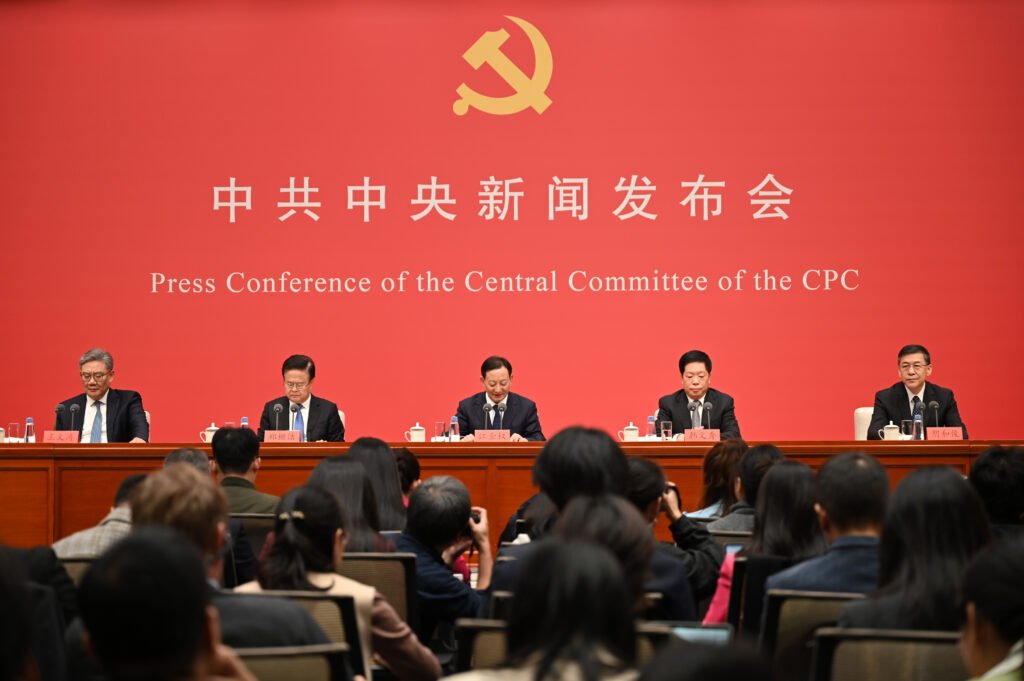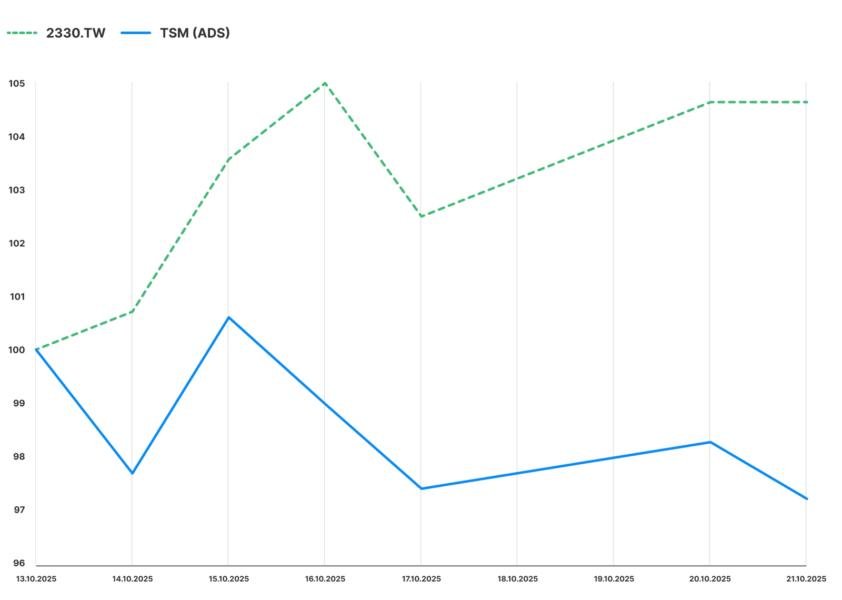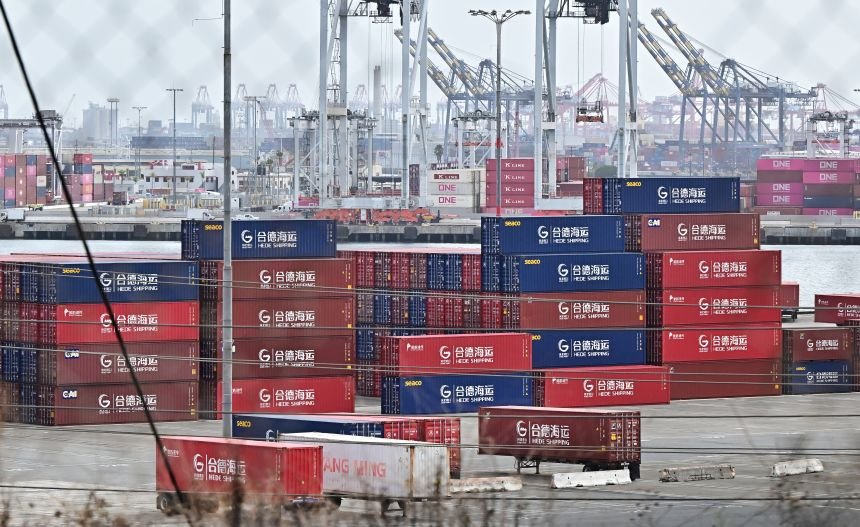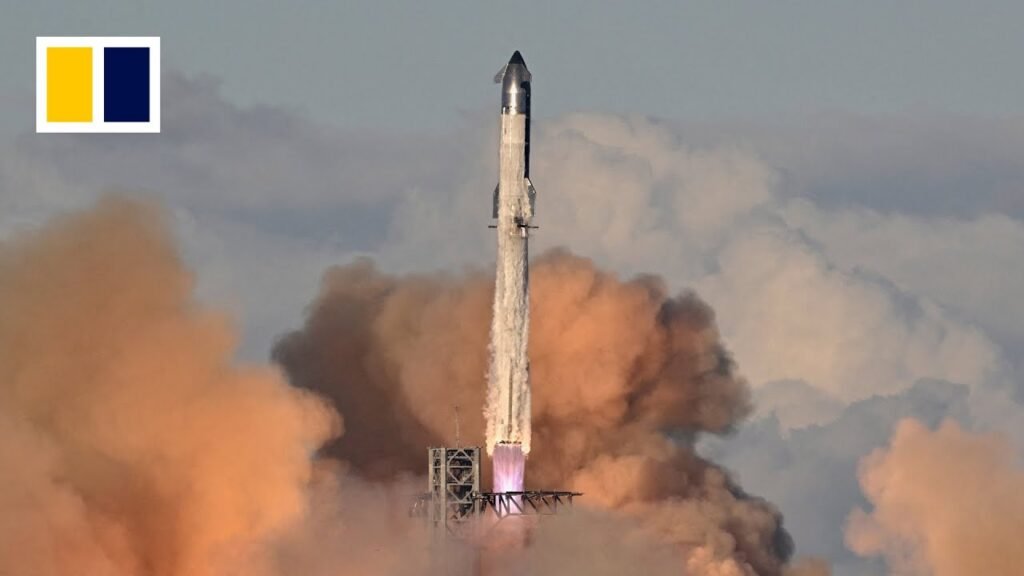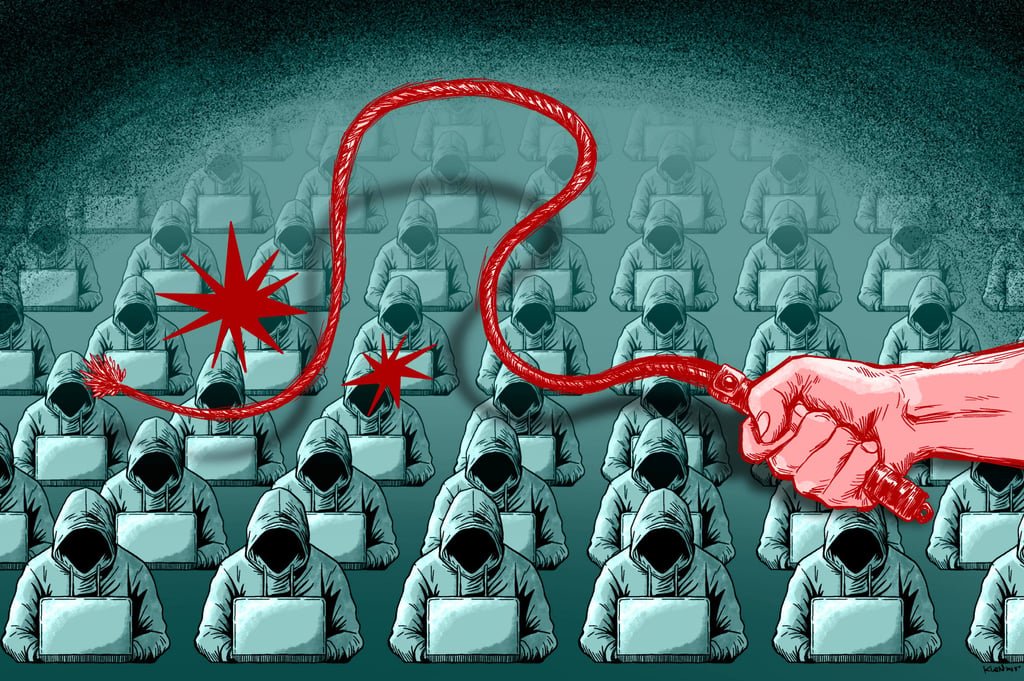Jack FenwickPolitical correspondent

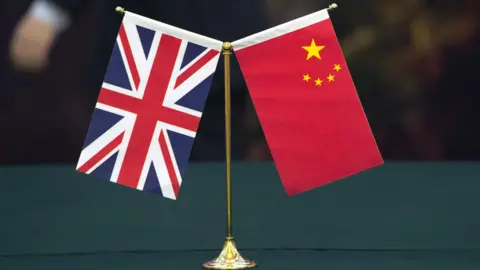 Reuters
ReutersSenior officials at the heart of the row over the collapsed China spy trial will appear before a parliamentary committee next week.
The Joint Committee on the National Security Strategy will hold its first public evidence session on Monday, into prosecutors’ decision to drop charges against Christopher Cash and Christopher Berry, who had been accused under the Official Secrets Act.
Both men deny any wrongdoing.
Among those giving evidence will be Stephen Parkinson, the director of public prosecutions; Matt Collins, the deputy national security adviser; Richard Hermer, the attorney general; Darren Jones, the chief secretary to the prime minister and Sir Chris Wormald, the cabinet secretary.
National Security Adviser Jonathan Powell, who has faced questions over possible political involvement in the case, will not attend the session but is expected to appear privately at a later date.
Stephen Parkinson, Director of Public Prosecutions
Stephen Parkinson is head of the Crown Prosecution Service (CPS) the organisation responsible for charging the pair and then dropping the case, will give evidence.
He has said the case fell apart because the government did not describe China as a threat to national security.
Mr Parkinson maintains there was enough evidence to charge in April 2024, but says he was forced to go back to the government to ask for further evidence because another spying trial changed the way the law was interpreted.
But a number of legal experts have suggested that he may have got these judgements wrong.
When he gives evidence on Monday, he is likely to be asked why the CPS believed it had enough evidence to charge in the first place – and whether the prosecution could have continued even without the government using the exact phrase “threat to national security”.
He will also be quizzed on whether he believes the government is correct to say that it could only rely on the previous Conservative government’s assessment of the threat level posed by China – and whether he made ministers aware that the CPS needed more evidence.
Matt Collins, Deputy National Security Adviser
Matt Collins is a senior civil servant who has served as the deputy national security adviser under both the current Labour government and the previous Conservative government.
He was set to be the government’s witness in the trial of Mr Cash and Mr Berry and had submitted three witness statements, which have now been made public.
The CPS says it was Mr Collins’ inability to describe China as a specific threat to national security that led to the collapse of the trial.
He did describe China as a threat several times in his statements and it’s understood that Mr Collins believed the evidence he submitted was strong enough for the prosecution to continue.
But his second and third witness statements, which were submitted after Labour came to power, also described the UK’s “positive” relationship with Beijing.
The government says Mr Collins was only able to draw upon the Conservative government’s assessment of China, but his final witness statement used language almost identical to Labour’s 2024 manifesto.
He is due to give evidence on Monday, where he will be asked about the exact nature of his interactions with the CPS, whether he informed ministers that the CPS had asked for more evidence and the extent to which the Labour government’s position on China affected what he was able to say.
He could also be asked how he assesses the current threat level posed by China.
Lord Hermer, Attorney General
Richard Hermer is a member of the House of Lords and a close personal friend of Sir Keir Starmer. As the Attorney General, he is the government’s chief legal adviser.
When the charges were first brought, under the last Conservative government, the Attorney General’s office gave the CPS the thumbs up to proceed.
But Labour ministers have insisted that Lord Hermer played no role in the case and did not provide legal advice which led to the government being unable to call China a threat to national security.
Downing Street has said the prime minister learnt the trial was going to collapse two days before it happened.
But in a letter to the committee, Lord Hermer said he knew about week earlier but had been asked by the DPP not to alert other ministers, including the prime minister.
Expect him to be asked about that when he gives evidence on Wednesday – and whether there was anything he could have done to ensure the government’s evidence was as strong as possible.
The attorney general is responsible for overseeing the Director of Public Prosecutions and Lord Hermer is likely to be asked how far that oversight goes and whether he should have been aware that the CPS was finding it difficult to secure the necessary evidence.
Sir Chris Wormald, Cabinet Secretary
Sir Chris Wormald is the UK’s most senior civil servant and was appointed to the role by Sir Keir Starmer in December 2024.
Downing Street has been quick to say that no ministers or advisers were involved in this case and that none of them had signed off the government witness statements submitted by Matt Collins.
The committee will want to know whether Sir Chris signed off those statements and how involved he was throughout the process.
He will likely be asked whether he agrees with the government that the previous Conservative administration didn’t regard China as a threat to national security.
Sir Chris was present at a meeting of senior civil servants on 1 September, when the case was discussed.
That meeting was led by the UK’s National Security Adviser, Jonathan Powell, and has been the subject of intense debate, with opposition politicians claiming it was crucial to the collapse of the case.
The CPS has said that it had already made up its mind by late August that the government was not going to describe China as a threat to national security.
But Sir Chris is still likely to be asked about what exactly was discussed at that meeting.
In his letter to the committee, Sir Chris called the meeting “entirely appropriate and what you would expect in a case such as this”.
He added he was “satisfied” that there was “nothing unusual about the involvement of ministers, special advisors or civil servants in this case”.
Darren Jones, Chief Secretary to the Prime Minister
Darren Jones is one of the prime minister’s most loyal MPs and will likely be treated as something of a proxy for Sir Keir Starmer during the evidence session.
The government has maintained throughout this row that no ministers were involved in the decisions which led to the collapse of the case and that ministers are “frustrated” that the prosecution did not continue.
In his letter to the committee, Jones added that no special advisers played any role in shaping witness statements either – a key point given suspicions about Powell’s role in China policy.
Kemi Badenoch has claimed the Labour government’s ambition to foster closer economic ties with China was instrumental in the collapse, something Jones will likely deny.
Downing Street has repeatedly refused to say when it was that ministers first learnt the CPS needed more evidence from the government, a point Jones is likely to be quizzed on.
He will also be asked about the relationship between the Cabinet Office and the CPS during cases linked to national security, when he gives evidence on Wednesday.
The government has said it would have been inappropriate to intervene in the case, but others have accused the government of demonstrating a lack of curiosity or grip on such an important issue.
Jonathan Powell, National Security Adviser
The main figure not giving evidence at the committee hearing will be Jonathan Powell, a veteran of Labour politics and one of the prime minister’s closest political allies.
He has served as the UK’s national security adviser since December last year, a role usually taken by a civil servant, rather than a political appointee like Powell.
Opposition politicians have accused him of orchestrating a closer relationship between the UK and China but government figures have repeatedly denied that Powell told a meeting of senior civil servants on 1 September that the government shouldn’t call China a threat to national security.
He is known to have met the Chinese foreign minister at least twice during his time as national security adviser and also hosted a senior member of the Chinese politburo earlier this year.
None of those meetings were announced by Downing Street and are only known about because of documents and press releases published by the Chinese government.
It is still not clear how much he knew about the government witness statements submitted by his deputy Matt Collins – or when he found out that the CPS wanted more evidence.
He has agreed to give evidence to the committee at some point in the future about his work as the national security adviser more generally, but that session is likely to be in private.



